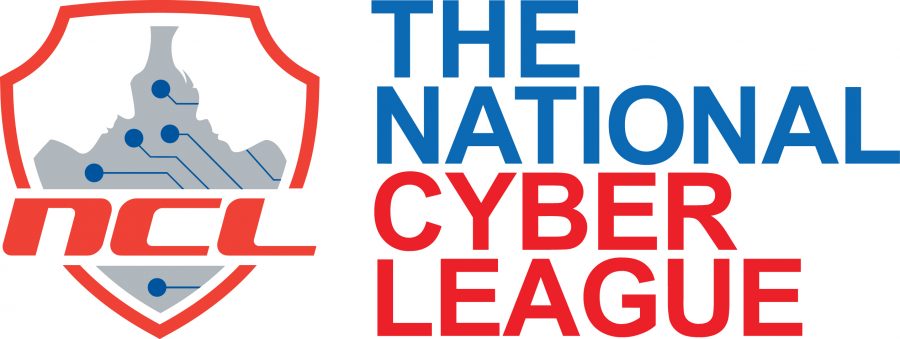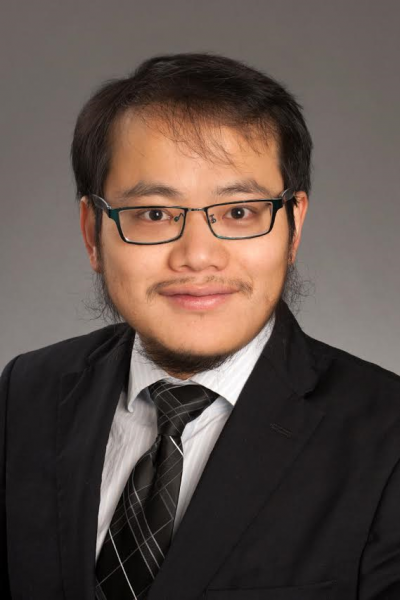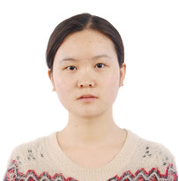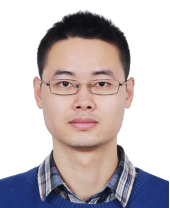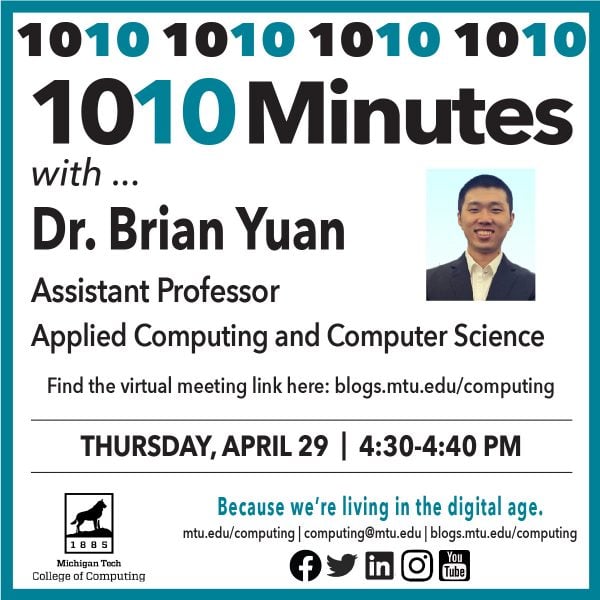
Professor Soner Onder, Computer Science, has been awarded $150K of a $300K project funded by the Office of International Science and Engineering (OISE) and the International Research Experiences for Students (IRES) programs, both units of the National Science Foundation (NSF). The remaining project share was awarded to Florida State University (FSU).
The project provides international research experiences for eight Michigan Tech PhD students (and eight FSU students), providing a stipend, travel expenses, and living expenses while they pursue research in Norway for ten weeks in each of three summers.
The students will be working with Dr. Onder’s collaborators at Norwegian University of Science and Technology (NTNU), Prof. Magnus Jahre and Prof. Magnus Själander. The two institutions are pursuing joint interdisciplinary work involving compilers and architecture . The work is expected to result in several joint research publications.
“I believe this project will help improve our international recognition and stature as a major research institution,” Dr. Onder says.
Abstract
When the technology for computers advance and programs execute faster, more computer applications become possible. This project will enable Florida State University (FSU) and Michigan Technology University (MTU) students to visit the Norwegian University of Science and Technology (NTNU) to conduct research that will allow the performance and energy efficiency of computer applications to be automatically improved. Over the three years of this project, 16 FSU and MTU students (in cohorts of five, five, and six) will visit NTNU, which is in Trondheim, Norway, for a period of 10 weeks during May, June, and July. While in residence, the students will work closely with the faculty, postdoctoral associates, and graduate students in the research groups of Professors Magnus Sjalander and Magnus Jahre who are affiliated with the Computer Architecture Laboratory (CAL) at NTNU. The participating FSU and MTU students will not only increase their research knowledge, but will also become more globally engaged and better prepared to work in a culturally diverse, international environment.
The era of improving processor performance without innovations in computer architecture or compilers is over since increasing the clock rate for computers has not been possible in recent years due to thermal limitations. However, manually modifying programs to efficiently exploit computer architectures is time consuming, error prone, and not portable to other systems. The most effective way to improve application performance is to automatically exploit architectural features without the intervention of the application developers. Our focus will be on automatically achieving high performance and energy efficiency by generating code to exploit existing and proposed architectural features at the machine instruction level. We propose to develop the compilation tools to facilitate the process of automatically generating code to exploit these proposed architectural features and to develop the simulation tools to evaluate the impact on both performance and energy efficiency.
The Norwegian University of Science and Technology (NTNU) is the second largest university in Norway and is consistently ranked among the top one percent of universities world-wide; their current ranking is 101st.
Office of International Science & Engineering (OISE) is the NSF focal point for international science and engineering activities both inside and outside NSF. OISE’s focuses on three activities: (1) promoting the development of a globally competent U.S. workforce, (2) facilitating and supporting international partnerships and networks to leverage NSF and foreign resources, and (3) providing opportunities for U.S. leadership to shape the global science and engineering agenda.
The International Research Experiences for Students (IRES) program supports international research and research-related activities for U.S. science and engineering students. The IRES program contributes to development of a diverse, globally engaged workforce with world-class skills. IRES focuses on active research participation by undergraduate and/or graduate students in high quality international research, education and professional development experiences in NSF-funded research areas.
